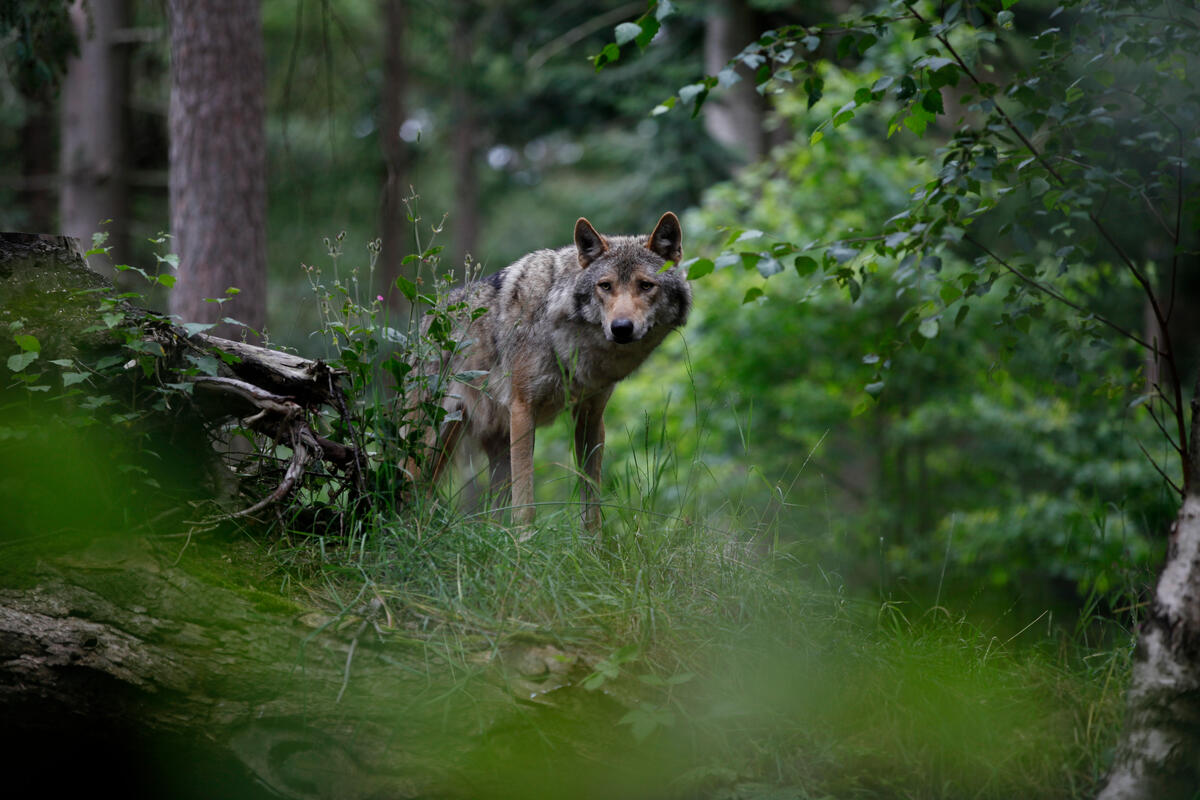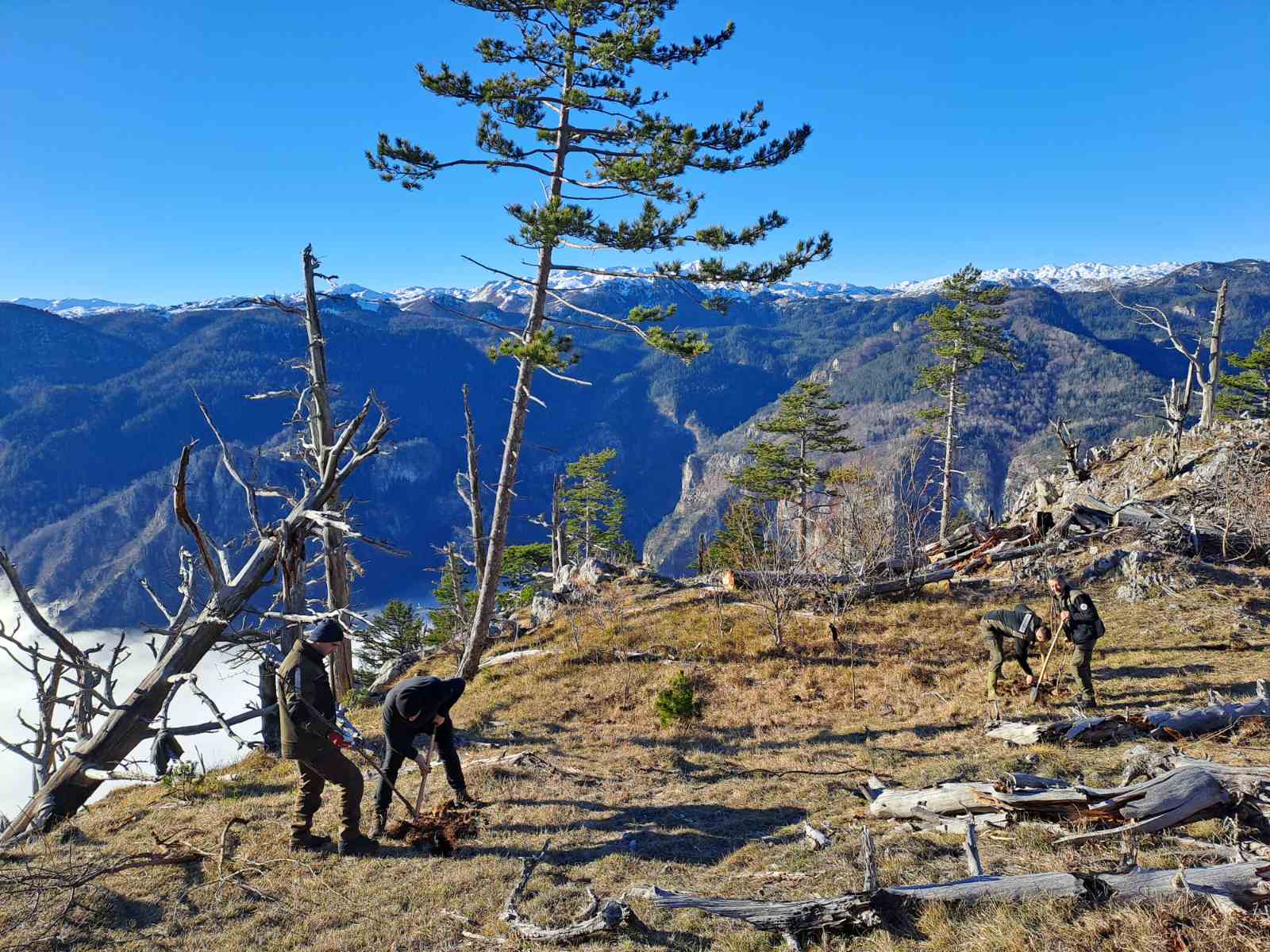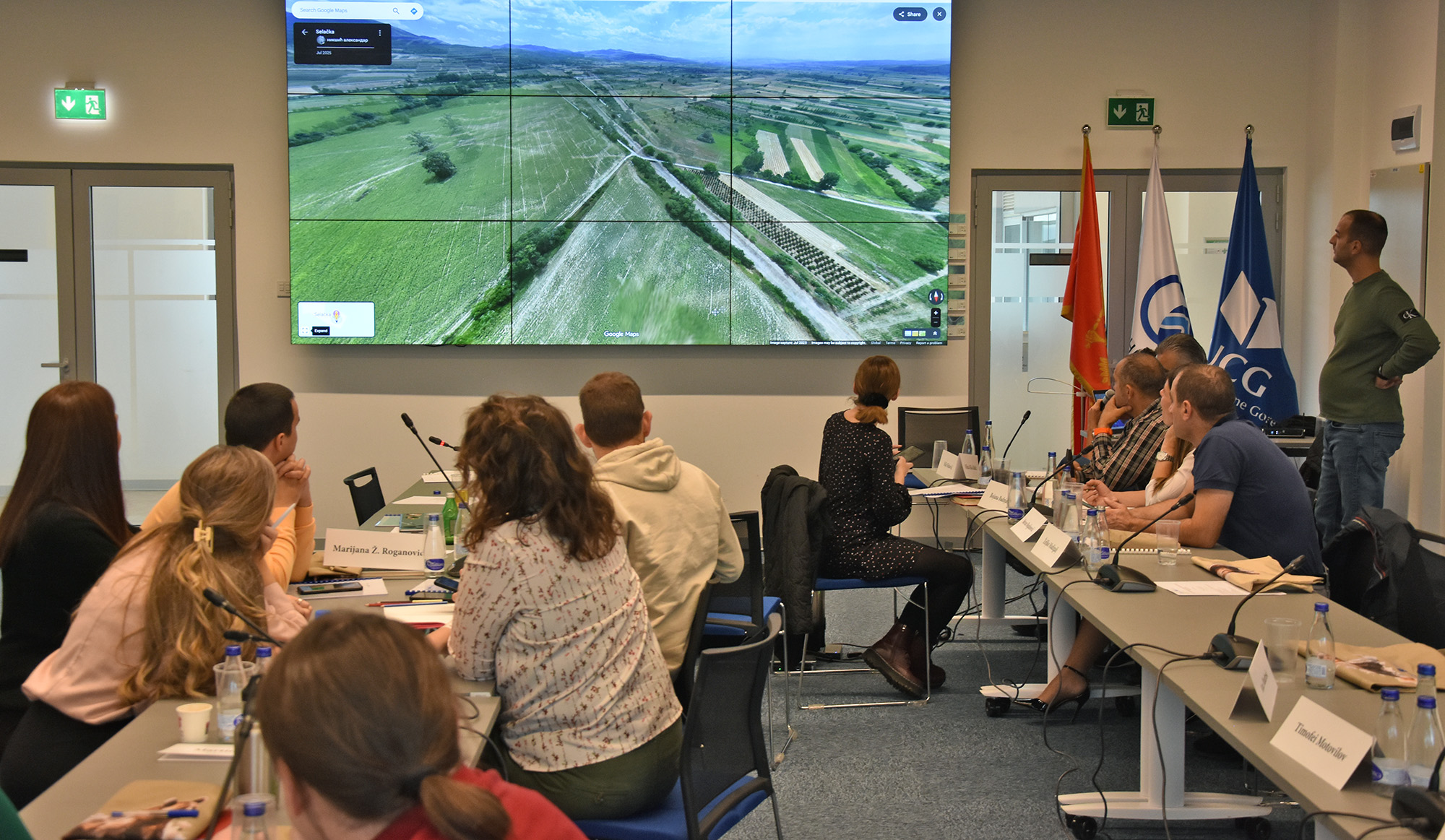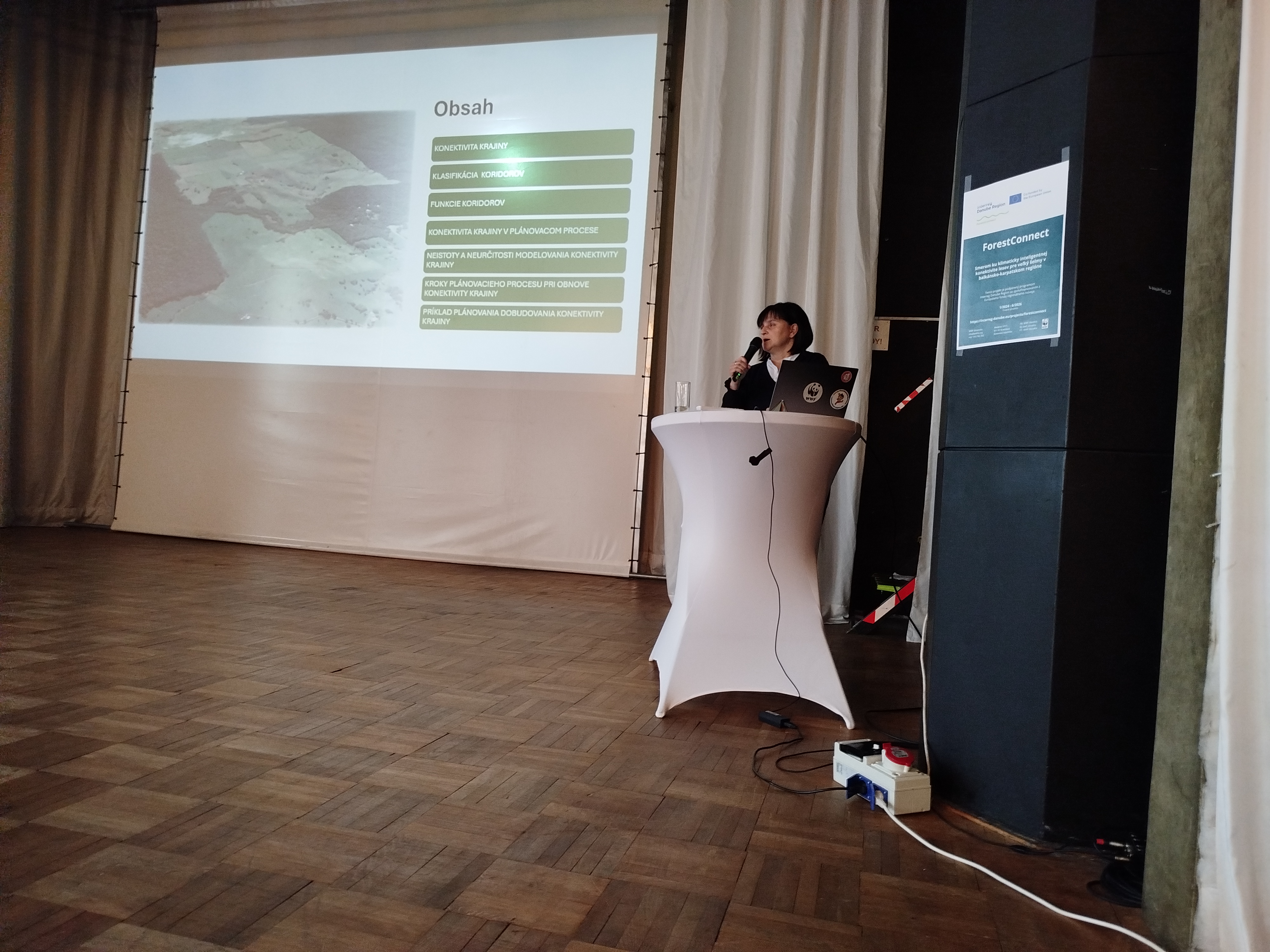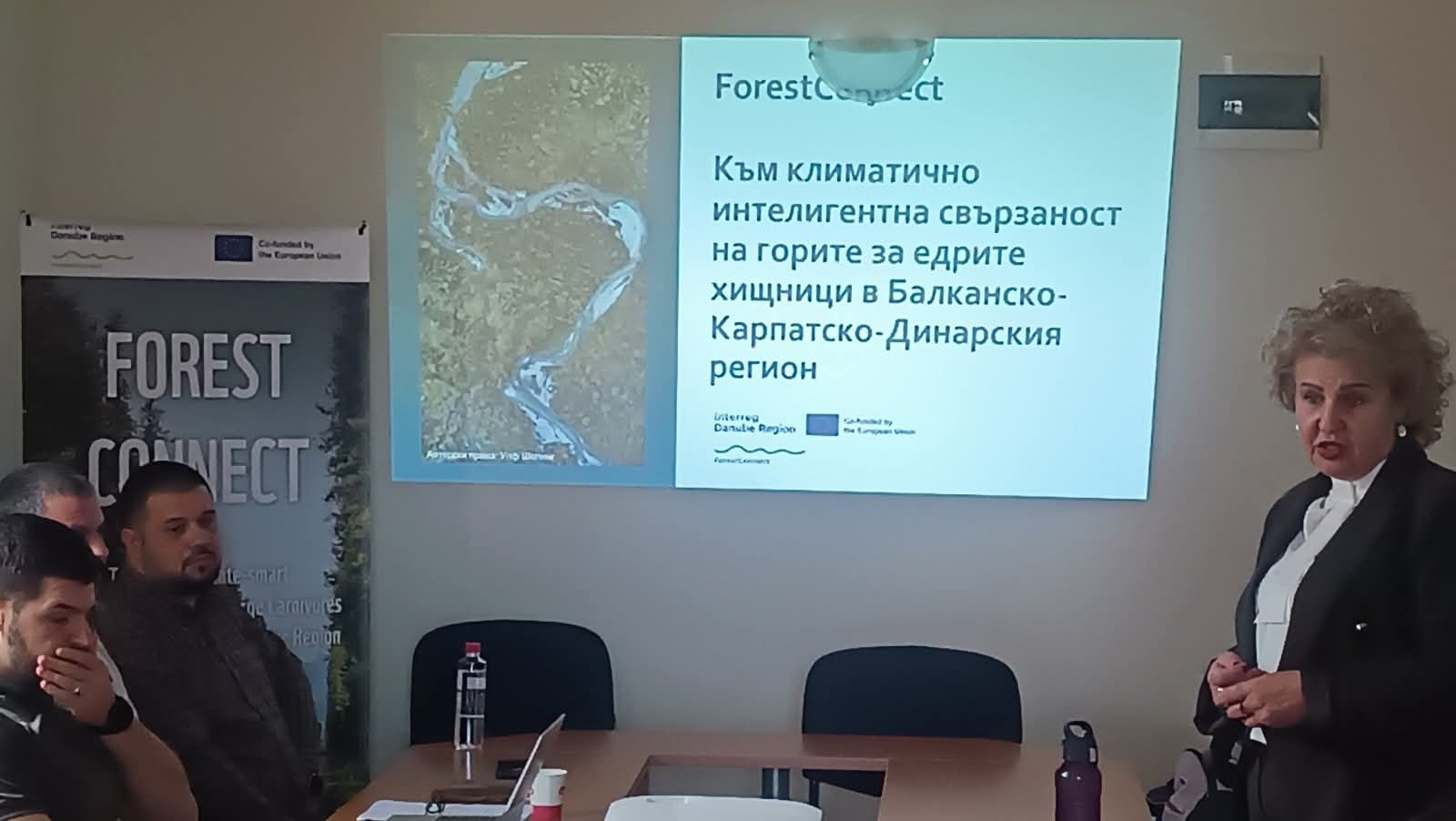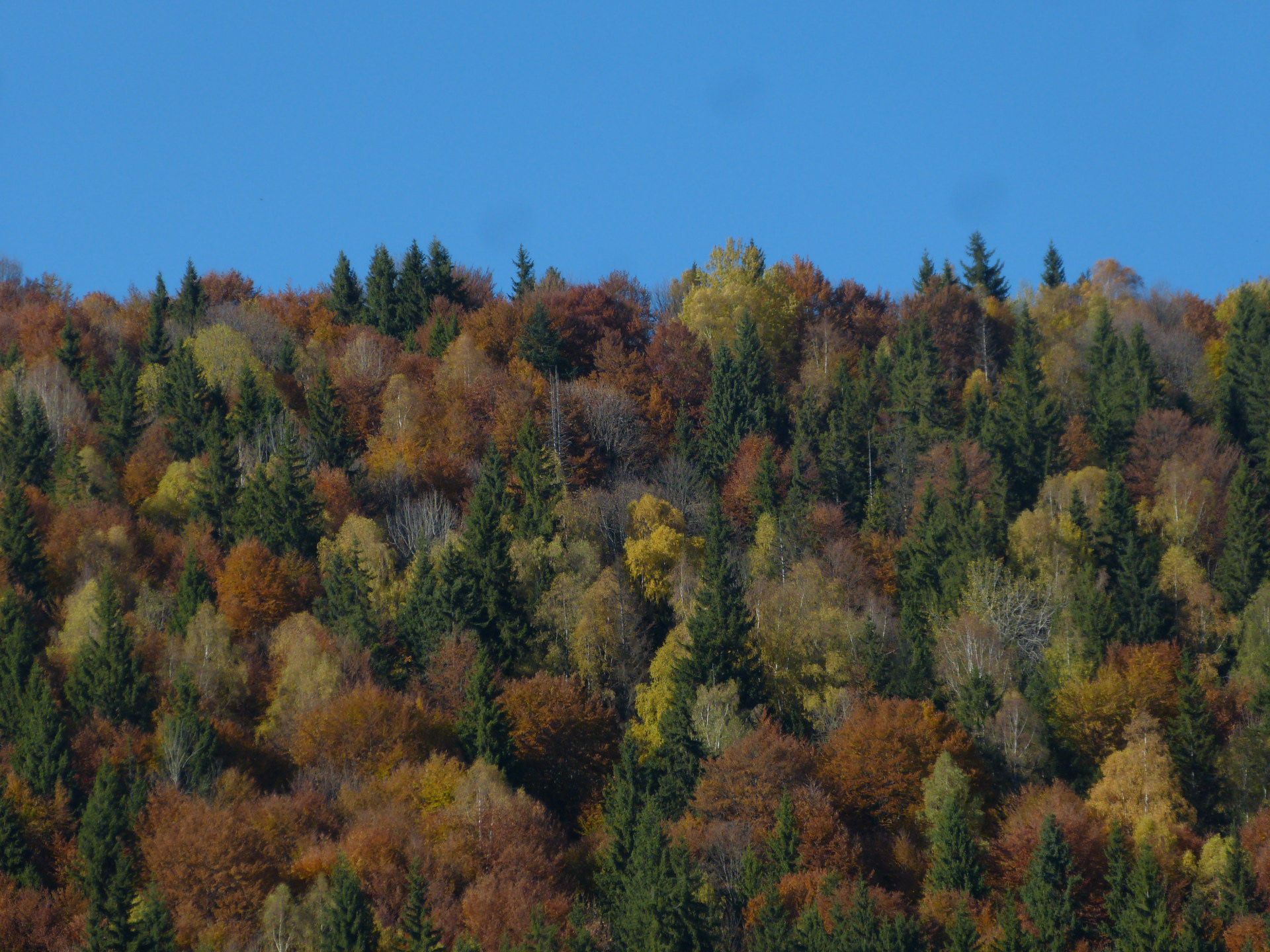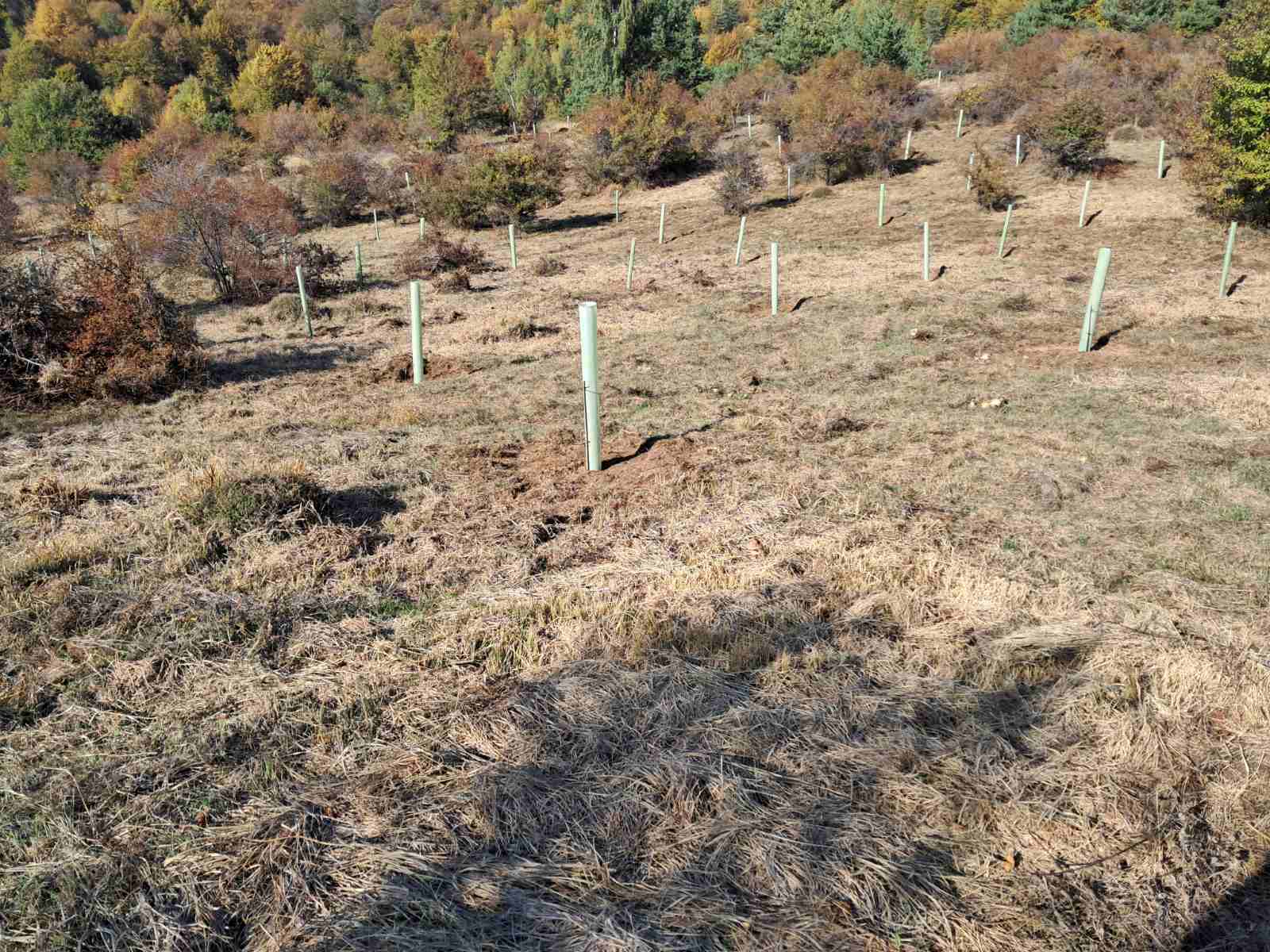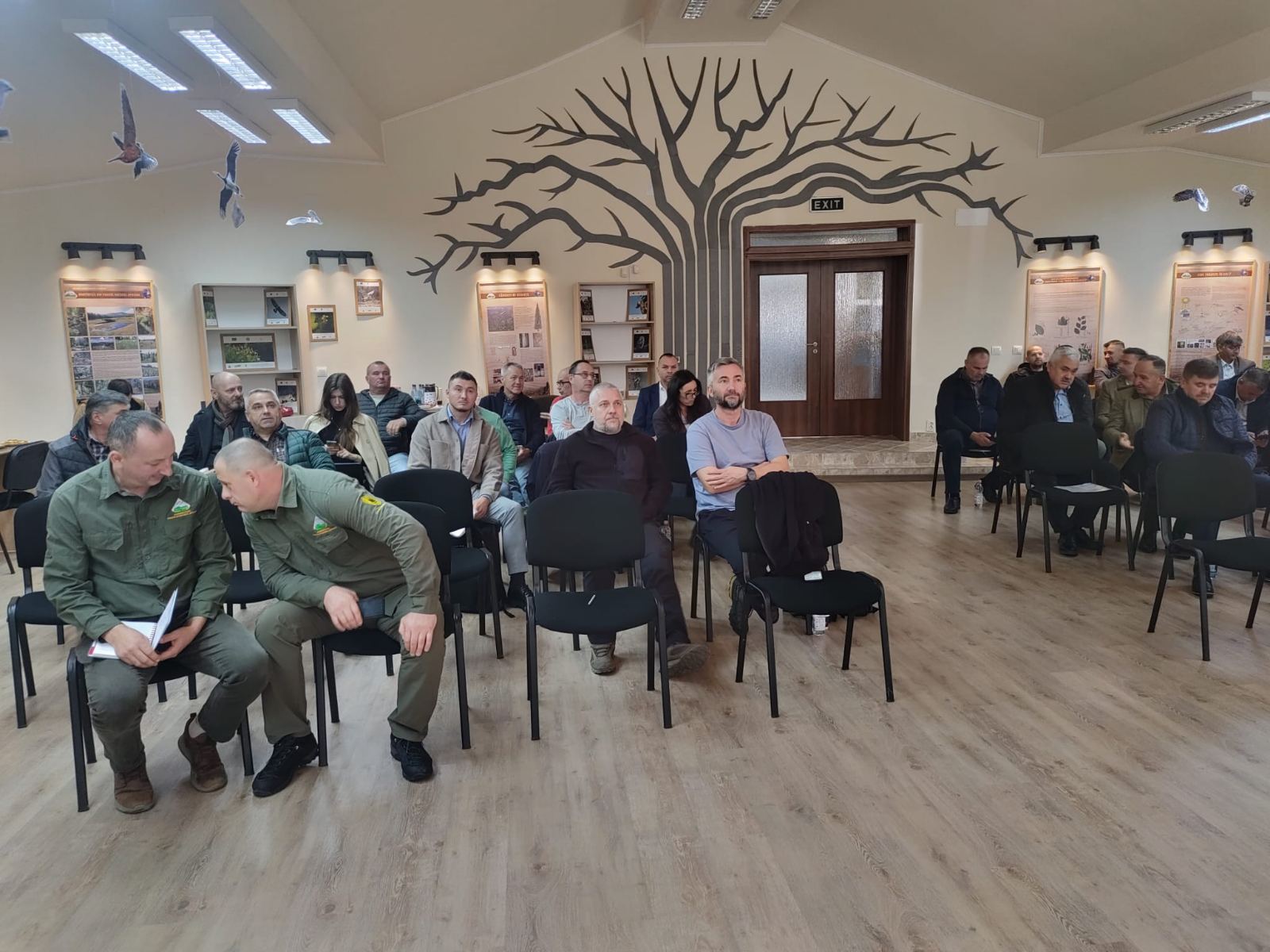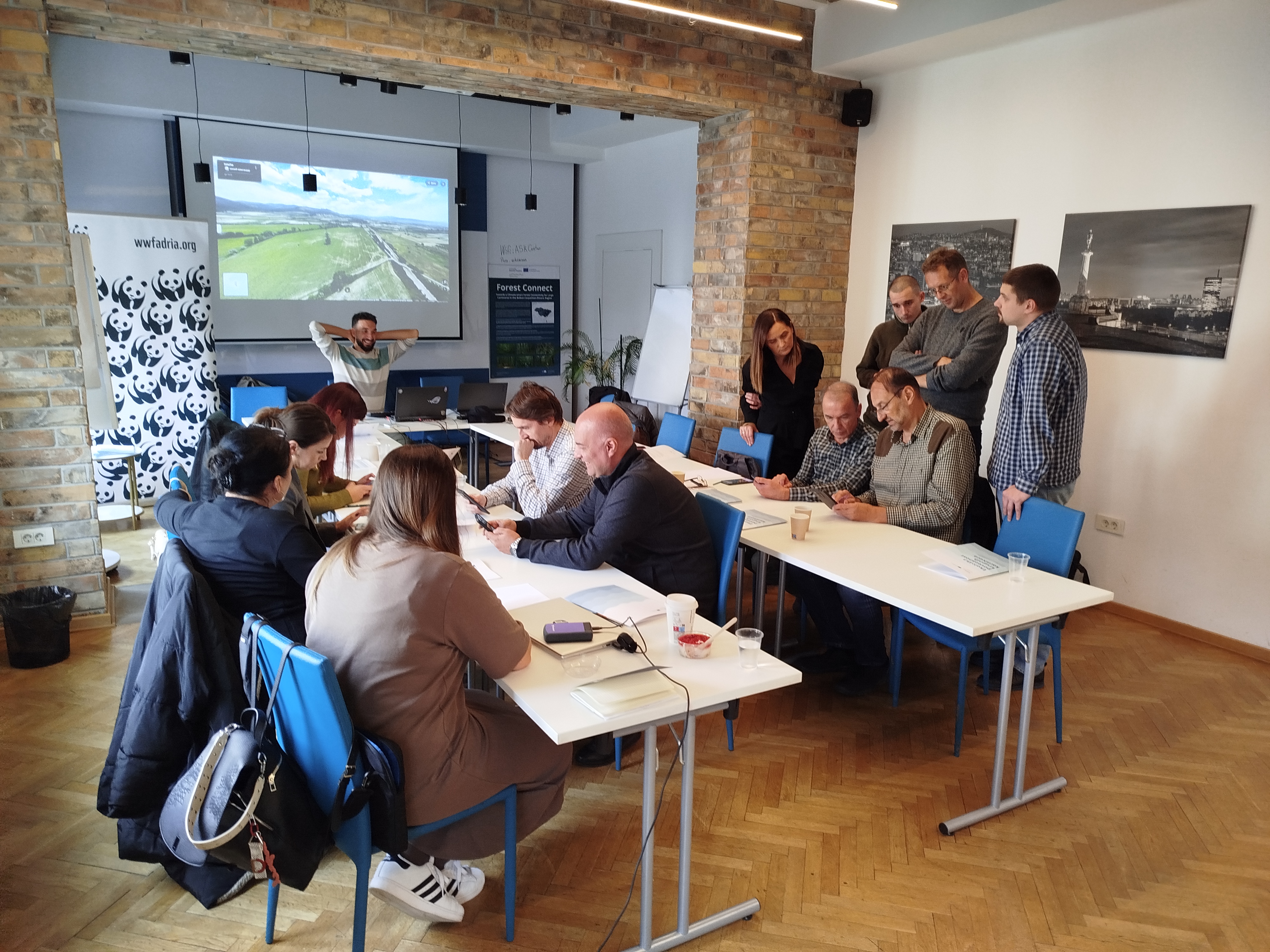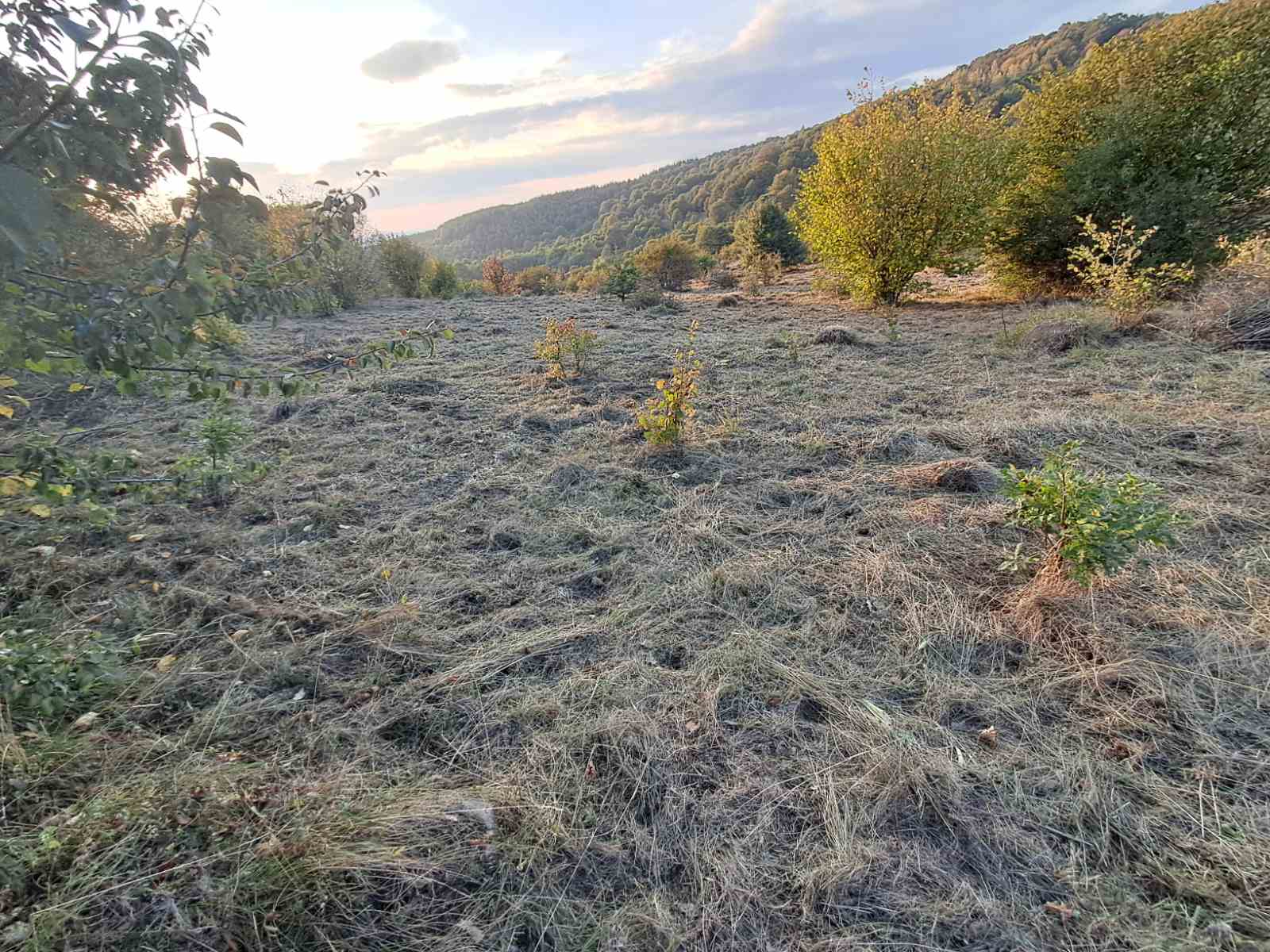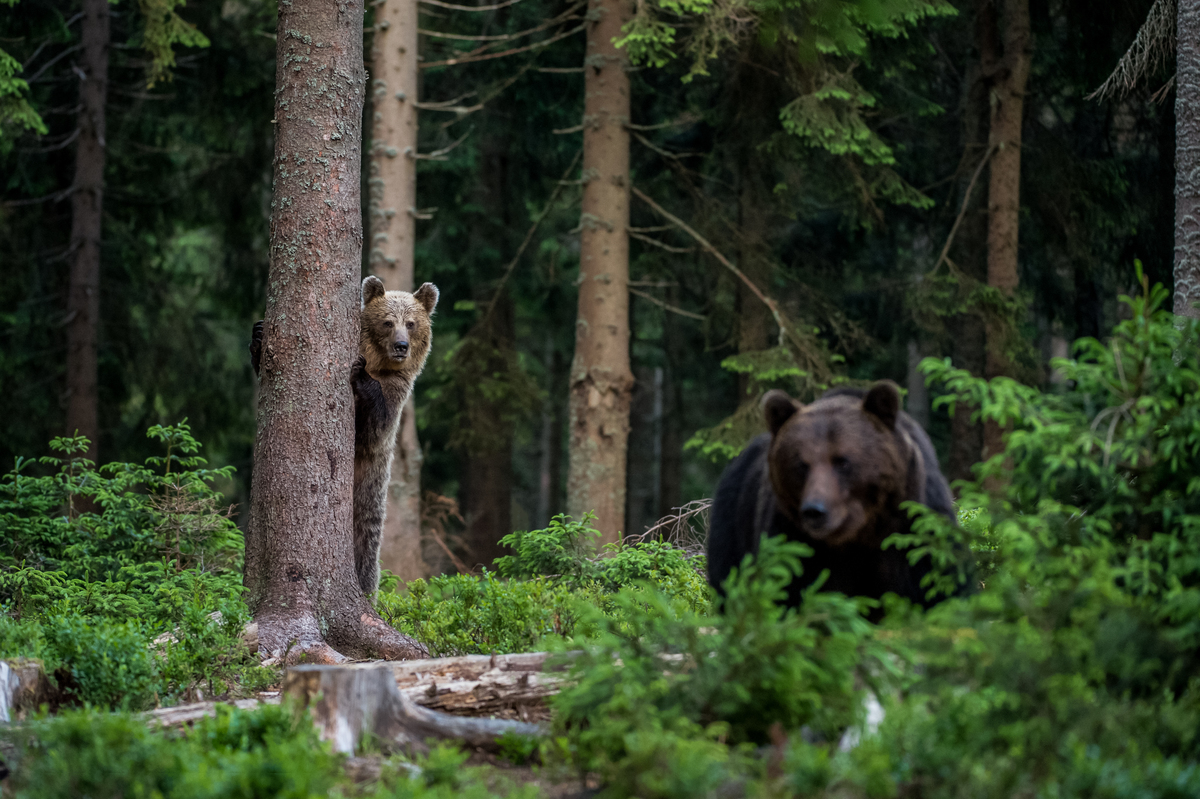
ForestConnect
Follow us on social media with hashtag #ForestConnect
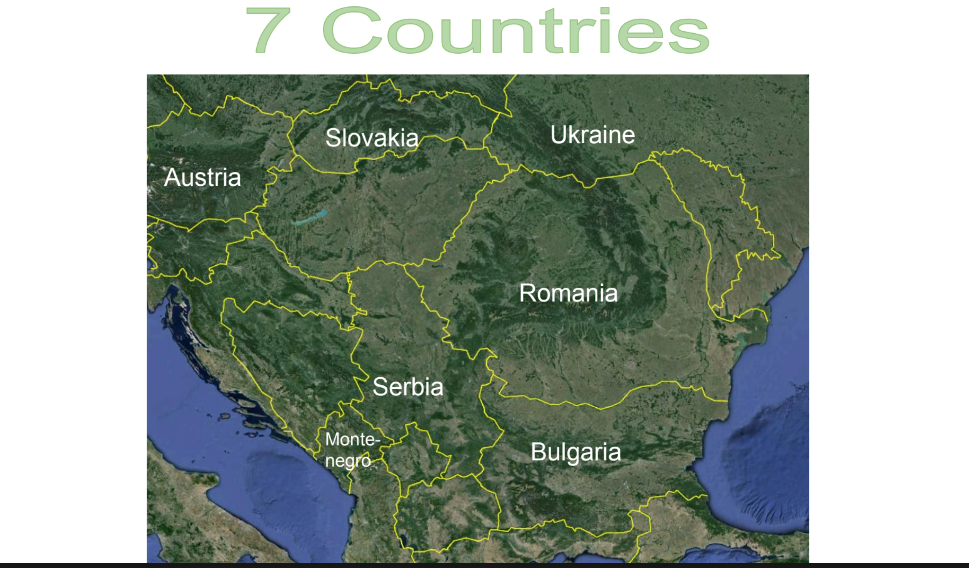
Target area
ForestConnect is designed to address common challenges and needs on protecting and preserving ecological corridors of large carnivores (LC) in the target area of the project - the Carpathians, Balkans and Dinarides. Specifically, it will focus on:
- the Western Balkan mountain on the territory of the Bulgarian North-Western State Forestry Enterprise and the Serbian nature park Stara planina (BG-RS border);
- the Romanian larger Apuseni-Maramures Carpathian region and the Ukrainian Carpathian Biosphere Reserve (RO-UA border);
- the Slovak Paradise National Park in SK as part of the Western Carpathians;
- and the National parks Durmitor, Biogradska gora, and Prokletije in MN.
The project involves 15 PPs and 8ASPs from 7 countries. The functionality of the ecological corridors of LCs in the target area is endangered by unsustainable management practices and infrastructure developments in forest habitats and their surroundings, which harms their structure. Climate change (CC) poses additional pressure on the ecosystems. Due to the prevalence of LCs cross-border distribution and the complex effects of CC, a multinational conservation planning accompanied by a holistic governance framework for biodiversity beyond national jurisdiction is required. ForestConnect aims to secure climate-resilient forest corridors for LCs to move across borders in the Balkan-Carpathian-Dinaric region.
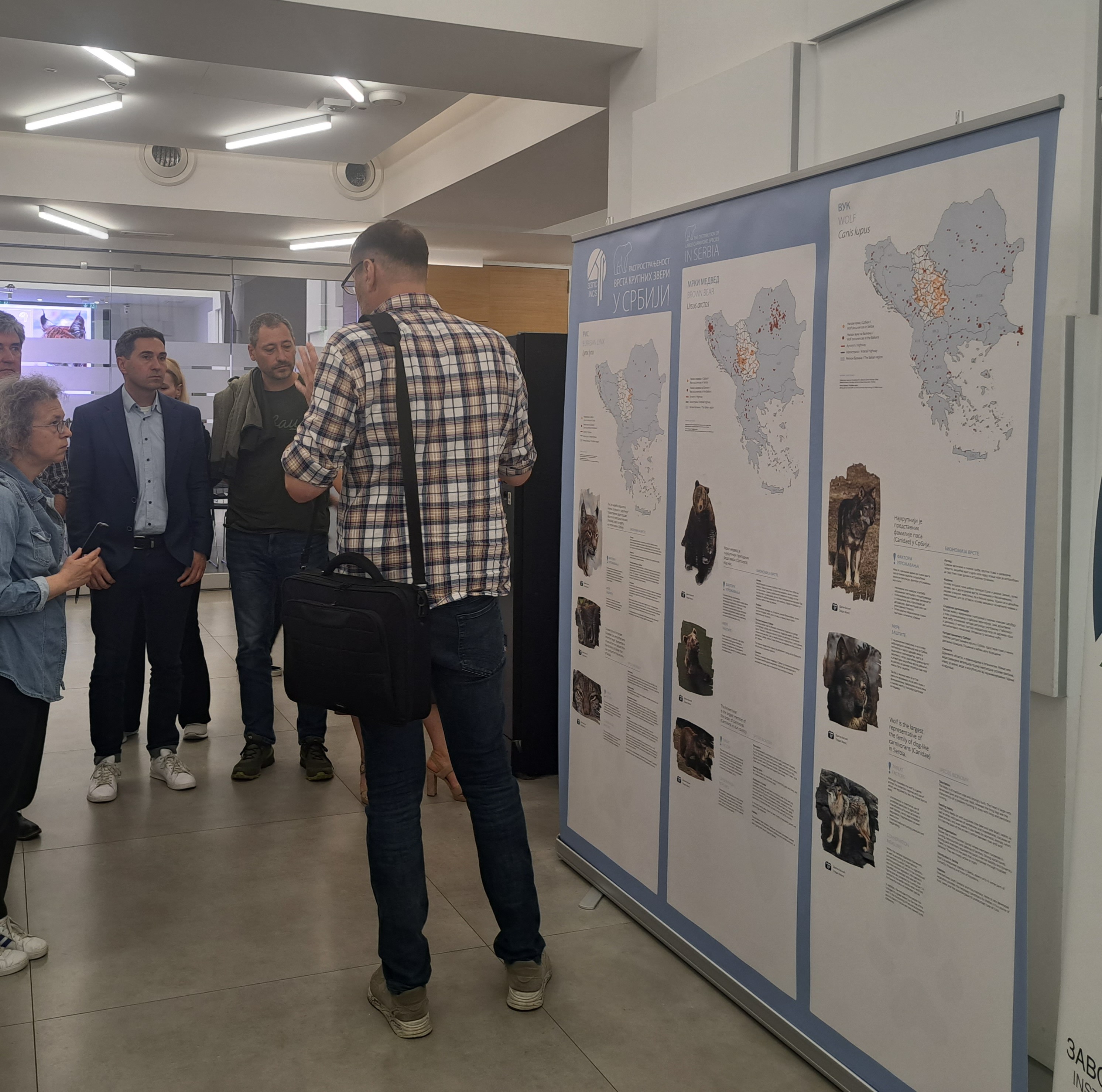
Objectives and outputs
The project has set 3 specific objectives (and relevant activities) that will tackle the identified issues in the ecological target regions:
1) SO1: New tools and technologies integrated in transnational monitoring of LCs’ forests - Fill knowledge-gaps to inform a joint Balkan-Carpathian-Dinaric technological application for forest ecosystems resilience and LCs monitoring and management - Mapping of safe corridors for LCs in the project transboundary forest areas under different CC scenarios - Capacity building and experience-sharing across the region and beyond to promote to stakeholders the developed tools
2) SO2: Heterogeneity, connectivity and climate resilience of LCs’ forests is improved - Engagement of local community members in piloting measures to achieve positive biodiversity outcomes and reduce conflicts with LCs - Pilot key measures to demonstrate positive effects of climate-resilient forests microrefugia creation along transnational LCs’ corridors - Develop guidelines on preserving ecosystems and related services in relevant ecological connectivity areas and assess the role of ecological corridors in the local economies - Develop guidelines on management of transnational mosaic habitats (forests, wood pastures and pastures between forests) beneficial to LCs in the context of CC
3) SO3: Promote capacity and cooperation for integrated LC climate-forest connectivity across eco-regions - Development of Strategic Guidelines to respond to CC challenges faced by the protected areas at the pan-Carpathian/Dinaric/Balkans level - Capacity building, exchanges and capitalisation activities to enable durability, cross-fertilisation and uptake of project results - Communication: Awareness-raising campaign and promotional activities showcasing the project results.
The main project outputs are:
- Joint monitoring tools and technologies: shared GIS database, digital twins model and online viewer of human-wildlife conflict hotspots
- Pilot actions and guidelines on preserving ecosystems and related services and on management of transnational mosaic habitats on key ecological corridors.
- Strategic Guidelines with adaptation actions and resilience-enhancing forest management practices for protected areas - Capacity building and experience-sharing between PPs and stakeholders to enable increased capacity and uptake of results
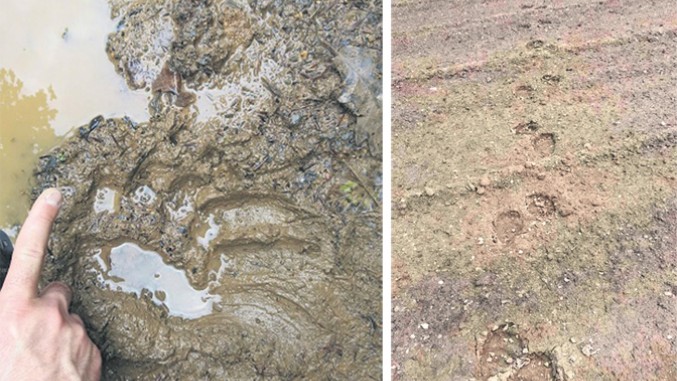
Partnership
The partnership is key to the project’s success and lasting impact. Through the involvement of various types of actors on all levels as PPs, ASPs, and stakeholders (local, regional, national, sectoral, international) and with various complementing competences (ministries, park and forestry administrations, NGOs, universities, hunting association) the project addresses the need for a strong partnership and mobilization of resources to achieve a coherent climate-smart integrated approach to preserve the LCs’ forest habitats on a transnational level. Additionally, the project capitalizes on the results of other projects and has an added value in considering CC impacts and transferring experience from the Carpathians to the Balkans and the Dinarides. After the end of the project durability and transferability will be ensured by the PPs and their cooperation networks though existing information systems (CCIBIS), curricula (CUAS, USAMV) and management plans (e.g. Slovensky Raj). Ultimately, the project will result in better protection of the biodiversity in the ecological corridors in the Danube Region.
News & Events
Read the most recent updates and explore the upcoming events.
Project overview
Need any help? Contact us!

Aleksandra Ugarkovic
Forest Connect Communication manager

